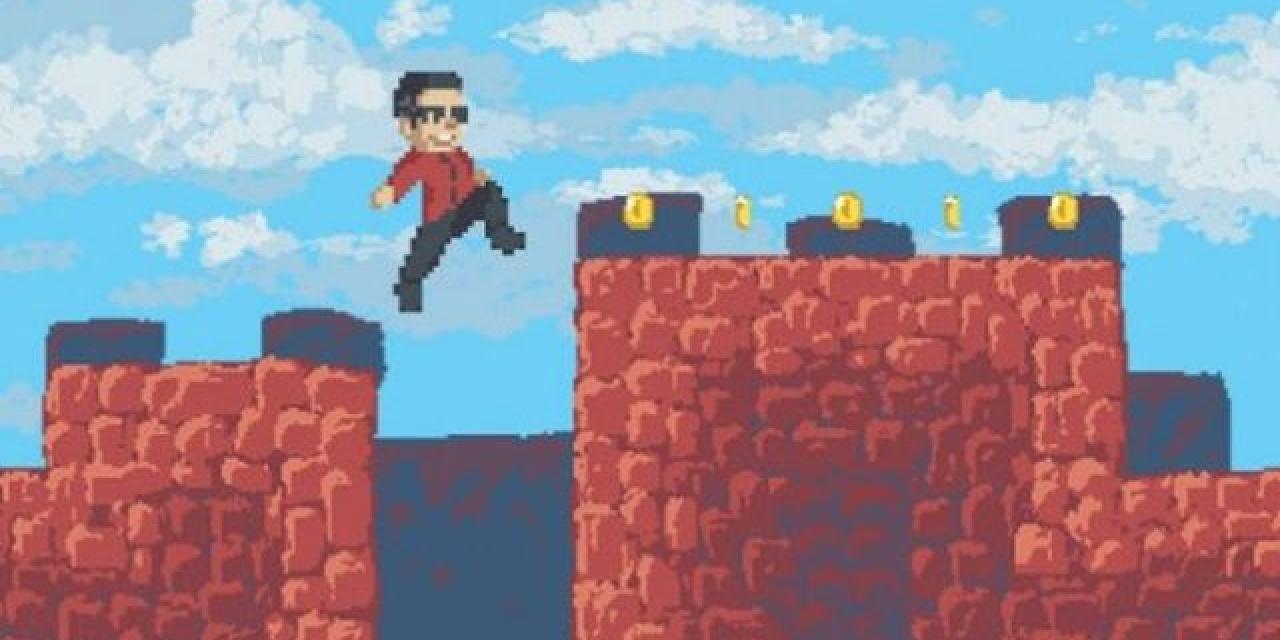
Speaking to , Dan Adelman, the man who oversaw digital efforts at Nintendo for nine years discussed the company's inherent problems.
According to Adelman, the main problem with Nintendo is its traditional Japanese culture which requires everybody to agree on all decisions, thus making it nearly impossible for bolder ideas to pass.
"Nintendo is not only a Japanese company, it is a Kyoto-based company. For people who aren't familiar, Kyoto-based are to Japanese companies as Japanese companies are to US companies. They're very traditional, and very focused on hierarchy and group decision making. Unfortunately, that creates a culture where everyone is an advisor and no one is a decision maker - but almost everyone has veto power," he explained.
"Even Mr. Iwata is often loathe to make a decision that will alienate one of the executives in Japan, so to get anything done, it requires laying a lot of groundwork: talking to the different groups, securing their buy-in, and using that buy-in to get others on board. At the subsidiary level, this is even more pronounced, since people have to go through this process first at NOA or NOE (or sometimes both) and then all over again with headquarters."
"All of this is not necessarily a bad thing, though it can be very inefficient and time consuming. The biggest risk is that at any step in that process, if someone flat out says no, the proposal is as good as dead. So in general, bolder ideas don't get through the process unless they originate at the top."
Moreover, Adelman believes that Nintendo's top management are no longer in touch with modern gaming culture. Those managers who have the final say on all the company's decisions have "cut their teeth during NES and Super NES days...so adopting things like online gaming, account systems, friends lists, as well as understanding the rise of PC gaming has been very slow."
"Ideas often get shut down prematurely just because some people with the power to veto an idea simply don't understand it."





